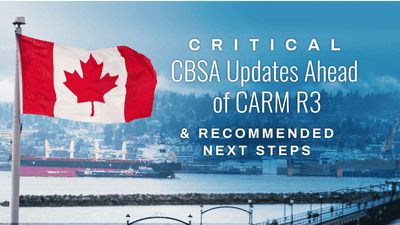June 24, 2016 | Customs Bonds, Industry Insights
A New Era in ISF Enforcement

On June 17, CBP issued CSMS# 16-000499 announcing major changes in ISF enforcement. The following summary is based on the CSMS and subsequent NCBFAA ISF Subcommittee discussions with CBP.
Effective for shipments on the water on or after June 30, CBP will operate as follows:
- Except as noted below, CBP is viewing the Interim Final Rule (published November 25, 2008) as a “final rule.” Flexible requirements for certain data elements are retained.
- Ports will initiate liquidated damage demands (“LD”) without Headquarters review.
- Ports will no long be required to grant “three strikes”/issue informal warnings to importers.
- There is no change to cargo hold policy. Ports may impose holds and/or issue LD as they see fit.
- Individual ports retain discretion to set policy as to what constitutes a timely ISF (e.g., 72 hours before arrival in U.S., 24 hours from departure).
- Ports are to endeavor to issue LD cases within 90 days of discovery of violation. Note that this is a non-binding CBP policy. Initiation of LD cases beyond this target time will not reduce importer/surety liability.
- CBP is discussing whether to permit filers to generate ISF numbers (in much the same way that customs brokers currently generate entry numbers) to simplify the filing process.
- An importer’s complete compliance record may be incorporated into petitions for mitigation/remission of LD.
- CBP will continue to focus on carrier stow plan compliance.
- The FAQ document is still under review for revision.
ISF-5 filing issues remain unresolved. CBP is to publish a notice of proposed rulemaking to address this. While ISF-5 enforcement is to be held in abeyance pending rule changes, we would counsel caution when asked to file 7512s on IE/T&E shipments.












